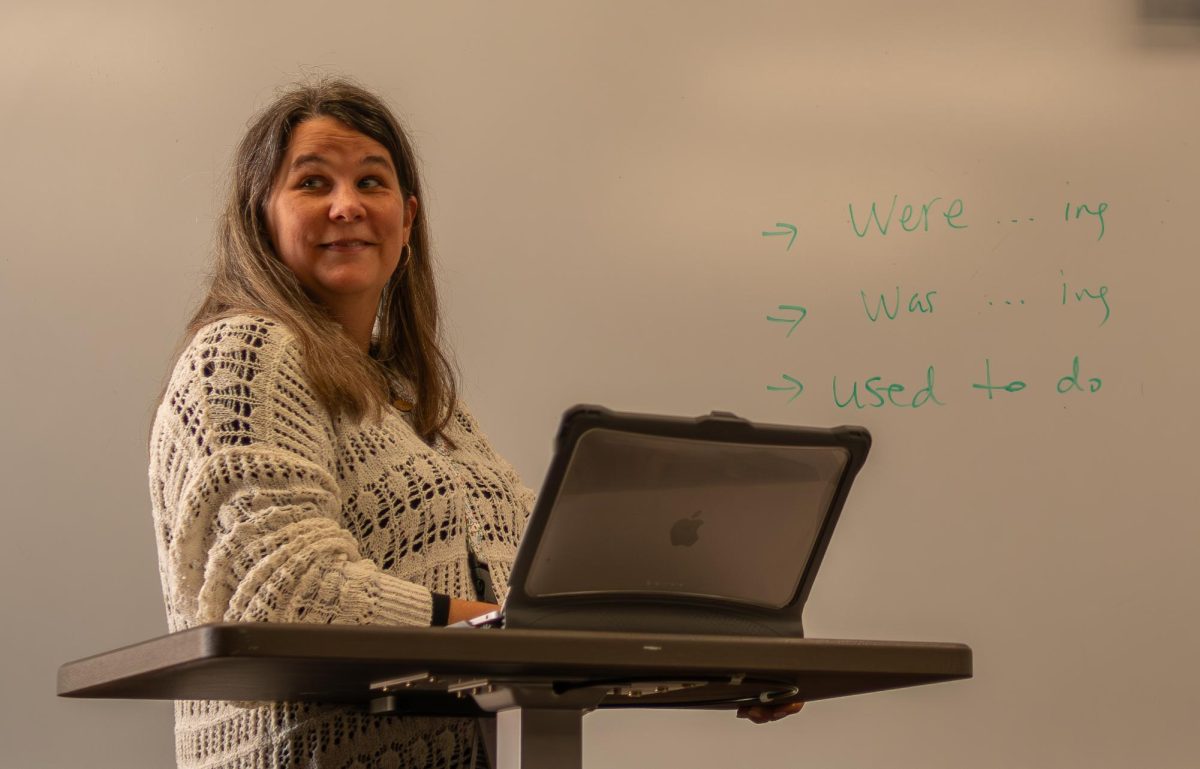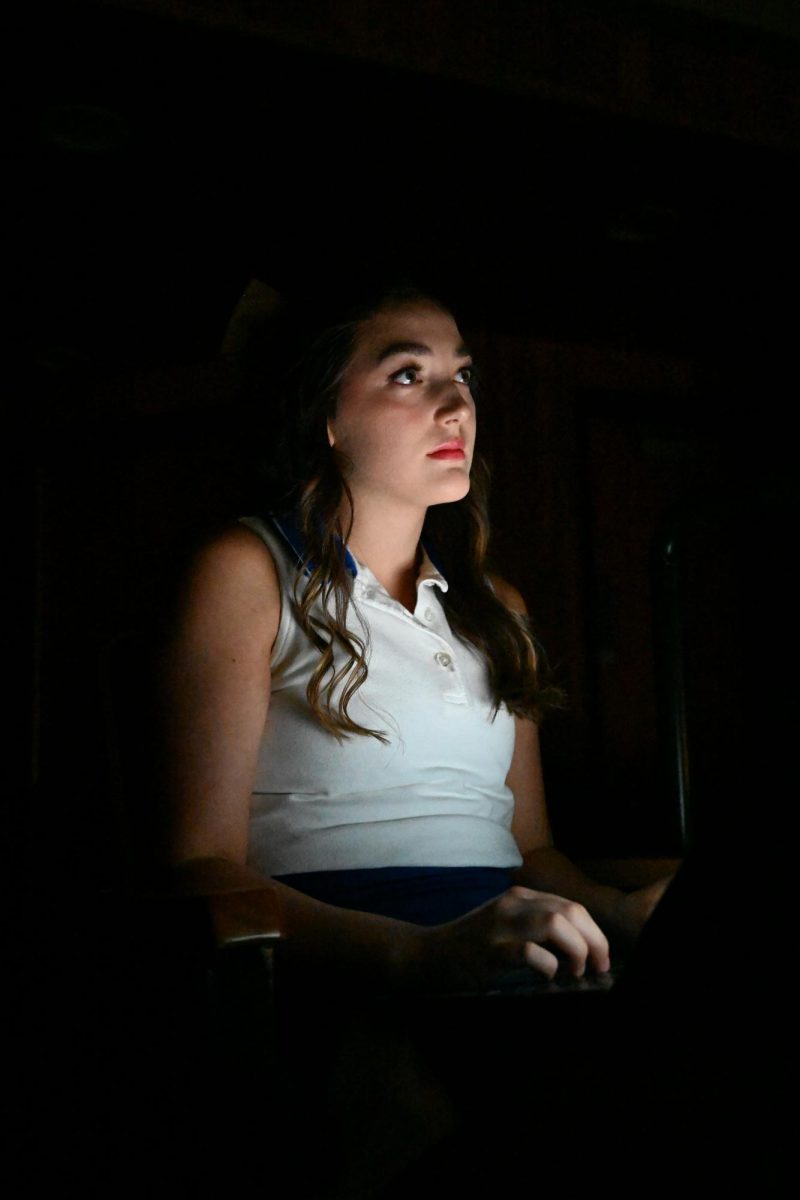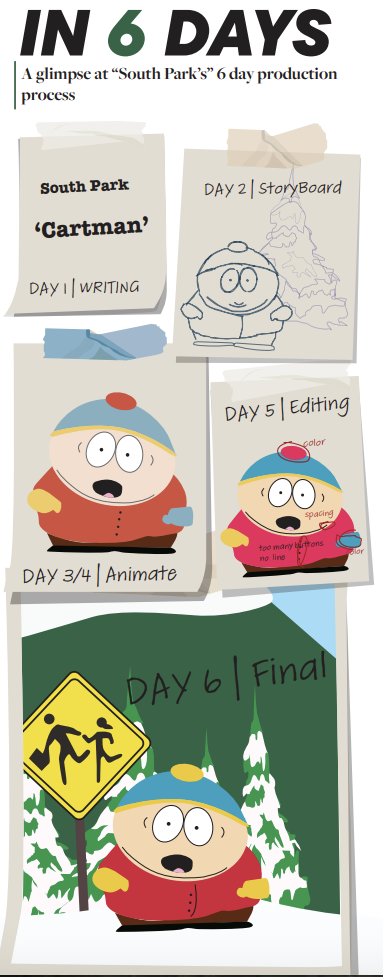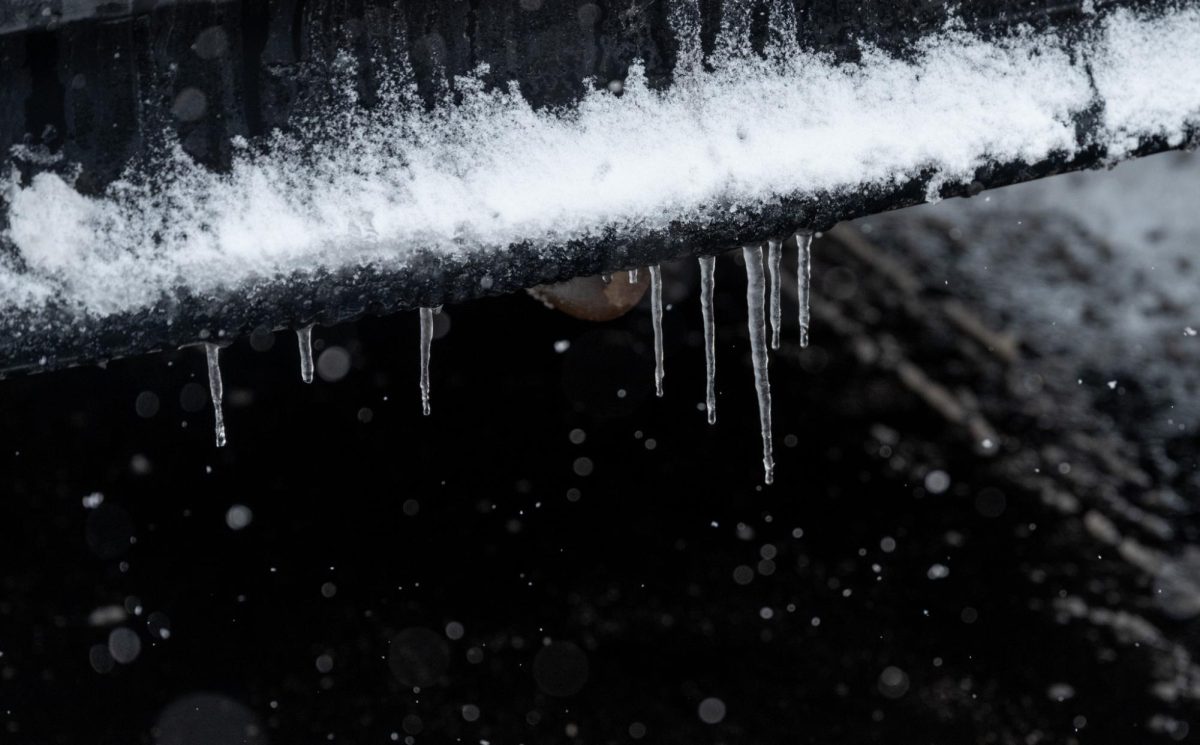Kansas City endured multiple flash floods this summer in mid-to-late July, both the intensity and scale of these events have shocked media, emergency services and locals. KCTV5 chief meteorologist Luke Dorris said the first round of flash flooding on July 16 was a “one in 200 year event.” KSHB, a Kansas City news channel, reported 4-6 weeks of rain falling within 24 hours. That trumped the 1968 record for most rainfall in KC over one day.
“It’s certainly abnormal,” Dorris said. “Whenever you have flash flooding, typically it’s over a small spot. This was over half the city.”
Around 7,000 people in Kansas City were without power by 10:50 am on Thursday, July 17, according to Evergy’s outage map. Across Johnson County 6,000 people were also without power.
Dorris said this was the fourth most extreme and first largest flash flood in Kansas City’s history, including ones that took place in 1977, 1998 and 2017 which claimed dozens of lives and over $100 million in damage.
Some students at Northwest, like sophomore Tessa Brocker, experienced damage from the floods.
“At about five in the morning there was a big bang,” Brocker said. “I slept through it. But both my sisters came in to wake me up and said, ‘Hey, a tree just fell in our house.’ You could hear my parents going, ‘What do we do? What do we do?’”
The tree fell through Brocker’s dining room on July 17. They called the fire department, who said there wasn’t much to be done.
“It was flustered because we didn’t know if we’d be able to stay in our house with how much water was leaking,” Brocker said.
The Brockers left out buckets to catch leaks. They spent their morning picking up branches and sweeping bits of tile and drywall off their wood floors. The hole in their ceiling is now covered with tarps and plywood. No one in Brocker’s family was injured.
On July 21, the floods turned deadly.
A 62 year old woman was killed while walking along Creekside Park Trail in Overland Park when the water swept her away.
On July 25, 18 water rescues were conducted, the majority for swamped vehicles, flooding also impacted storefronts and residential homes.
In early July, Texas witnessed catastrophic floods. After the accumulation of significant rainfall in central texas, on July 4, 2025, their were six flash flood emergencies. The Guadalupe River rose 26 ft. in 45 minutes. Over 100 people died, including over two dozen young girls at summer camp. Some are still missing. The devastation caused by these events, gaining national attention, is historic, many are still morning the lost lives of loved ones.
Local meteorologists are unsure if more flash flooding is in the forecast.
“We have weather that can change your life very quickly in Kansas City,” Dorris said. “This event was extreme. Hopefully we don’t see it again for many years.”






















